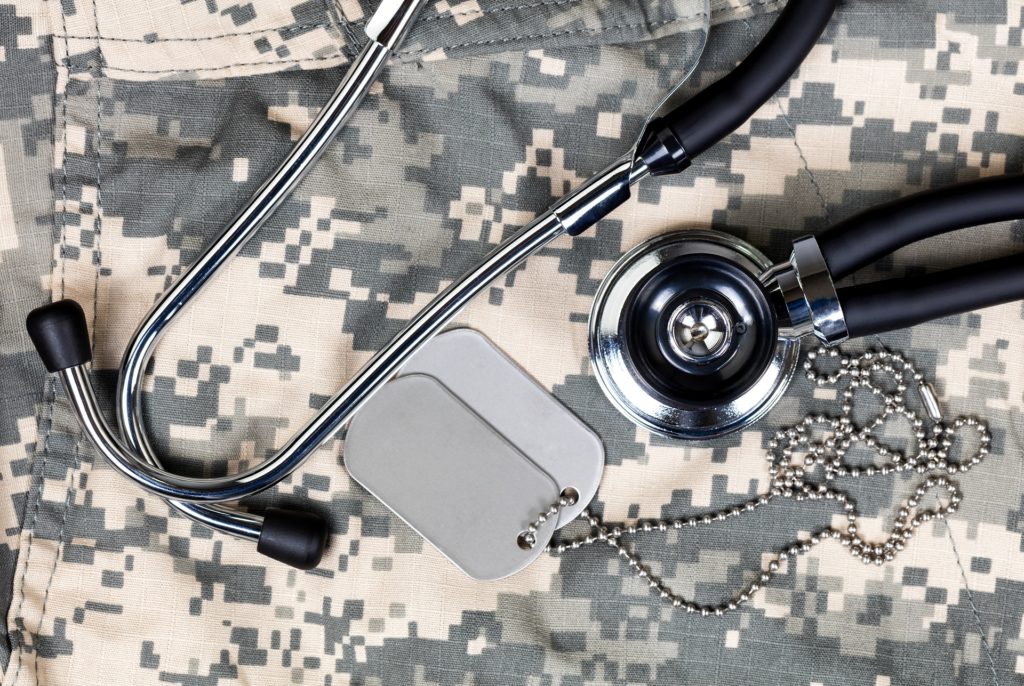
By Rick Disney, CVA-North Carolina coalitions director
The need for timely, flexible medical care is more important than ever, especially for those veterans whose care was delayed due to the COVID-19 pandemic.
The VA MISSION Act allows for the Department of Veterans Affairs to refer veterans to community care, providers outside the VA system, if that veteran meets certain criteria. This has been life-altering legislation for veterans who were literally dying while awaiting VA medical appointments.
But during the coronavirus pandemic, millions of veterans have had appointments canceled by the VA since the beginning of 2020, and far too many of those appointments haven’t been properly tracked for follow ups.
Additionally, investigative reporters found the VA manipulated appointment wait times again, which was a core problem with the VA scandal in 2014 at the Phoenix VA.
This crisis emphasizes an issue that veterans who use the VA for care already knew existed: The VA health care system works for some but is riddled with barriers that make accessing care difficult for others – especially in rural areas.
Here in North Carolina, we’re seeing the VA neglect its responsibility to ensure rural veterans are getting the care they need.
North Carolina’s rural veterans face limited options
From the breathtaking scenery in our western mountains to the crystal beaches on our eastern coast, the Tar Heel State’s quality of life has attracted many veterans, myself included. Reports show North Carolina has:
- more than 730,000 veterans
- nearly 100,000 active-duty troops on our six major installations
- the second highest number of rural veterans of any state
The geographic diversity of our state also includes hundreds of small towns and lots of mostly empty space, places where thousands have chosen to live, away from major cities and sprawling suburban areas.
But across the state, North Carolina has only four VA medical centers to serve this large and dispersed veteran population.
That leaves many, especially our burgeoning number of rural veterans, forced to drive hundreds of miles — sometimes even to other states — to receive care.
I am a third generation Marine Corps veteran residing near Cherry Point Marine Air Station. To see a doctor at a VA medical center, I have to make a nearly three-hour drive to Durham.
My other VA options would include visiting one of three clinics at Camp Lejeune, which does not have a VA hospital, or driving out of state to Virginia Beach.
North Carolina has hundreds of providers within the VA’s Community Care Network alone. These providers have partnered with the VA to provide access to care for those who use VA benefits. But whether the VA is fulfilling its obligation to refer eligible veterans into the Community Care Program is a different story.
There are care options in North Carolina, but the plight of rural veterans is being able to access that care.
Completing the MISSION
We have health care issues to address in North Carolina. More veterans need to access community care options, and the COVID-19 pandemic has put a strain on health care systems nationwide. We need to be doing all we can to make accessing care as easy as possible.
From a state perspective, the SAVE Act would increase access to care and reduce costs by removing unnecessary restrictions on advanced practice registered nurses. This would help all North Carolinians in need of care, including those veterans who aren’t using the VA for services or are able to seek community care.
But state action would be largely futile for veterans as long as the VA is failing to live up to its obligation to grant community care access every veteran who needs it.
Washington needs to finish the work that the VA MISSION Act started by continuing proper implementation and referring veterans to community care, especially rural veterans. This would lift a significant burden on the VA’s cancelation backlog while ensuring veterans and their care are the priority.
Progress has been made, but there is still work to be done to complete the mission.
The VA MISSION Act has helped rural veterans in North Carolina and all over the country access needed medical care. But more veterans still need help. Tell Washington to #CompletetheMISSION